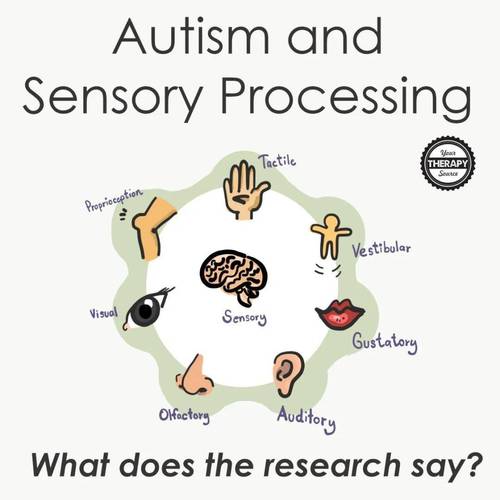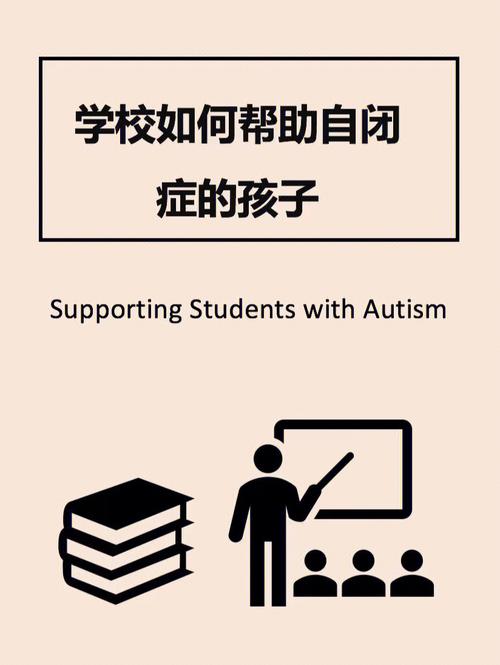Understanding Autism Spectrum Disorder (ASD)
Before diving into the specifics of going to university with autism, it’s essential to have a basic understanding of Autism Spectrum Disorder (ASD). ASD is a complex developmental condition that affects how a person perceives the world and interacts with others. It’s characterized by challenges in social skills, repetitive behaviors, speech, and nonverbal communication. While there’s no cure for ASD, many individuals with the condition can lead fulfilling lives with the right support and accommodations.
Preparation for University Life
Transitioning to university life can be challenging for anyone, but for individuals with autism, it requires extra planning and preparation. Here are some key steps to consider:

-
Research universities: Look for institutions that offer support services for students with disabilities. This may include counseling, tutoring, and accessibility accommodations.
-
Visit campuses: Take advantage of campus visits to familiarize yourself with the environment, meet with support staff, and ask current students about their experiences.
-
Develop a support network: Connect with other students with autism, as well as professionals who can provide guidance and advice.
-
Plan your schedule: Create a manageable daily routine that includes time for classes, study, social activities, and self-care.

Academic Support
Academic support is crucial for students with autism to succeed in a university setting. Here are some resources and strategies to consider:
-
Academic advisors: Work closely with your academic advisor to ensure you’re on track with your degree requirements and to discuss any challenges you may face.
-
Tutors: Seek out tutoring services to help you understand difficult concepts and improve your study skills.
-
Learning centers: Many universities offer learning centers that provide specialized support for students with learning disabilities, including autism.
-
Time management: Develop effective time management skills to help you stay organized and meet deadlines.
Social Skills and Campus Life
Social interactions can be challenging for individuals with autism, but there are ways to navigate campus life and build relationships:
-
Join clubs and organizations: Participate in clubs and organizations that align with your interests to meet like-minded individuals.
-
Volunteer: Volunteering can provide opportunities to connect with others and gain valuable experience.
-
Practice social skills: Work on social skills, such as making eye contact, maintaining conversations, and reading body language, through role-playing and other exercises.
-
Seek support: Don’t hesitate to reach out to support services on campus if you’re struggling with social interactions.
Living Arrangements
Choosing the right living arrangement can significantly impact your university experience. Here are some factors to consider:
-
Residential life: Look for residential halls that offer support services for students with disabilities, such as accessible housing and peer mentors.
-
Living with roommates: If you choose to live with roommates, communicate your needs and preferences clearly to ensure a comfortable living environment.
-
Self-care: Develop self-care routines to maintain your physical and mental health, such as regular exercise, proper nutrition, and adequate sleep.
Challenges and Coping Strategies
While attending university with autism can be rewarding, it’s important to be prepared for challenges and develop coping strategies:
-
Stress management: Learn stress management techniques, such as mindfulness, deep breathing, and exercise, to help you cope with the pressures of university life.
-
Advocacy: Don’t be afraid to advocate for yourself by communicating your needs to professors, staff, and administrators.
-
Support system: Maintain a strong support system of friends, family, and professionals who can provide guidance and encouragement.
Success Stories
Many individuals with autism have successfully navigated university life and achieved their academic and personal goals. Here are a few inspiring stories:
| Name | University |
|---|